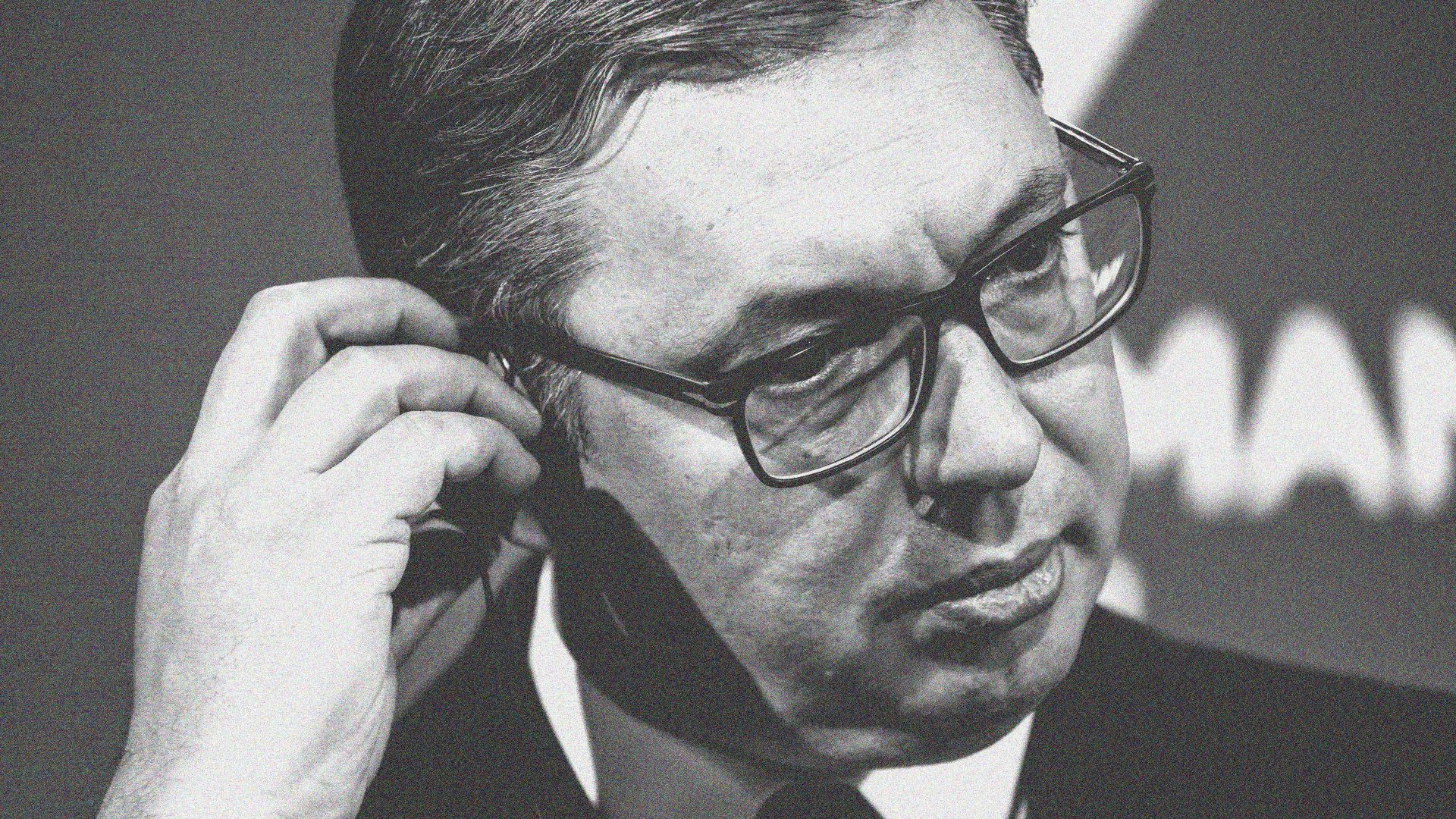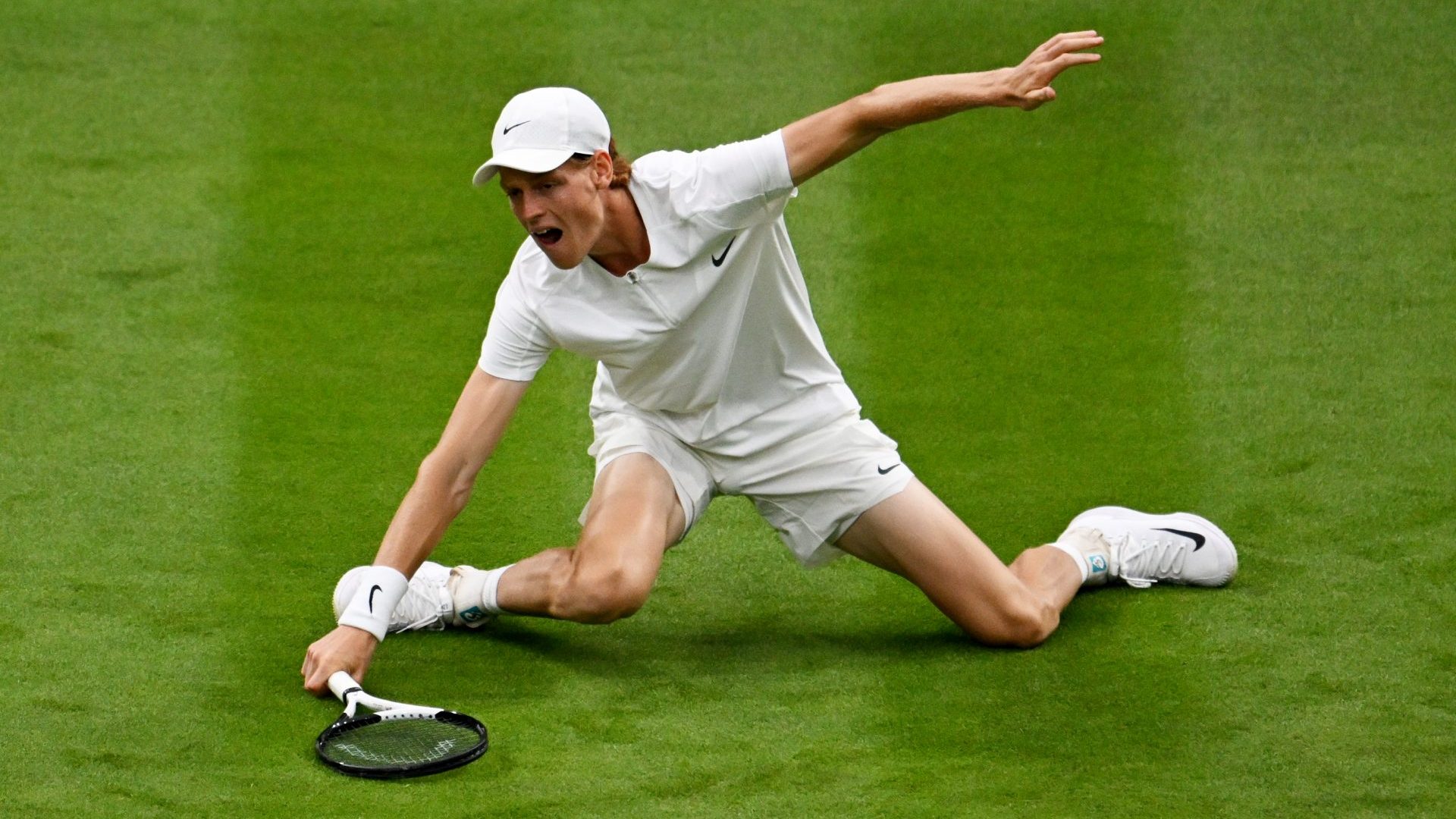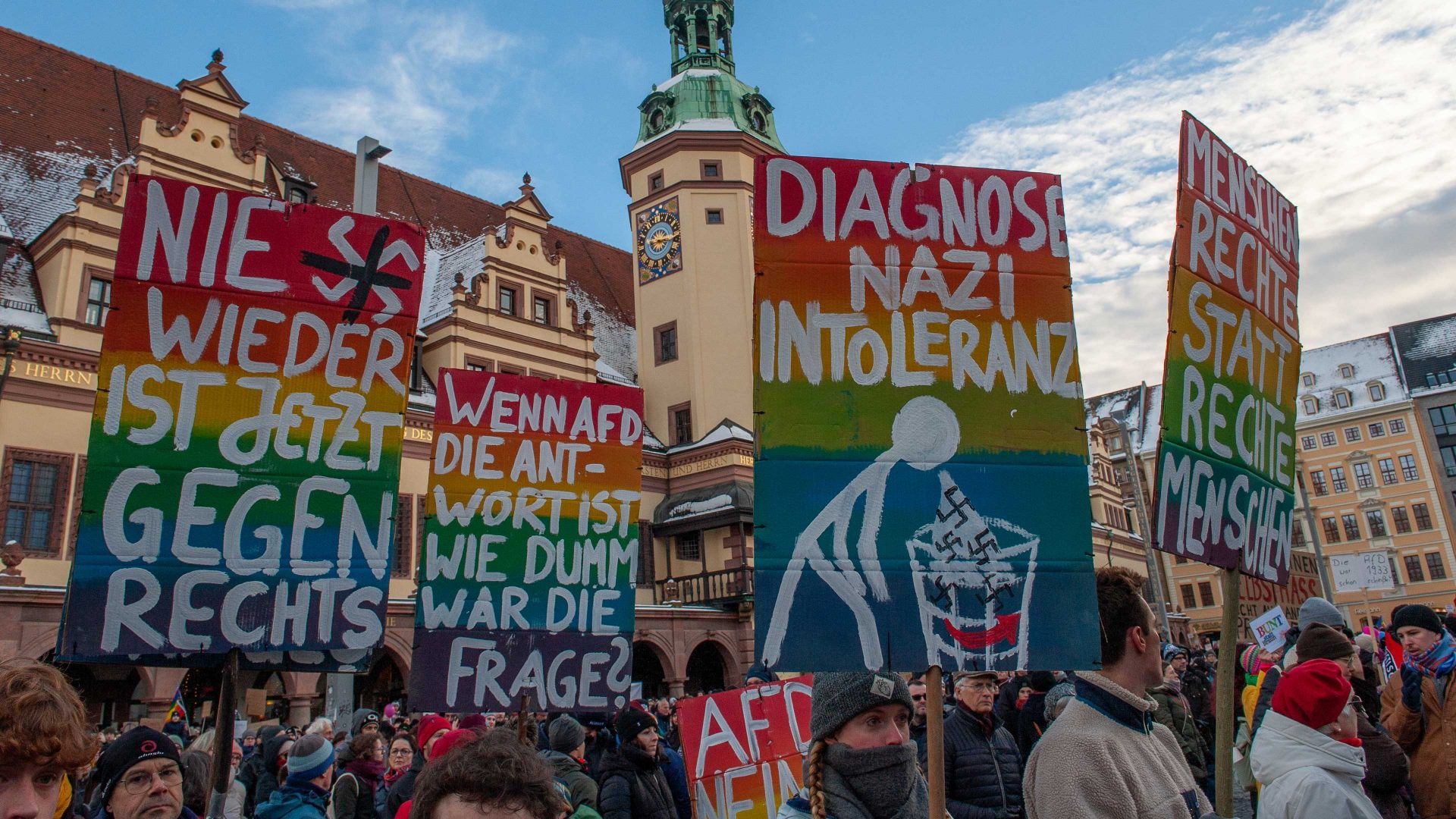The sharp fangs of Serbia’s authoritarian regime led by Aleksandar Vučić are becoming impossible to hide. The ruling Serbian Progressive Party, SNS, now controls the media, and uses it to spread propaganda and to smear critics.
The oligarch-like system now drains the country’s resources for the benefit of those linked to the SNS. Officials don’t even bother to hide their links to the mafia. Fair elections are now practically impossible.
But the regime went even further in the December elections, and both domestic and international observers were unanimous in their condemnation, finding evidence of vote-buying, physical attacks on observers, and noting that in some cases, dead people had voted.
The election watchdog found that the ruling party had organised a programme of registering voters in Belgrade from other regions – as well as people who lived abroad – to sway the vote in the capital. Investigators even found that one oncology patient was forced to join SNS in order to be moved up a few places on the waiting list. SNS could not afford to lose Belgrade, a city of 1.6 million people. It’s where all the money is.
The opposition Serbia Against Violence coalition, which won 33% of the vote in Belgrade, had launched protests in front of the Electorate Commission building, while some of its members even started a hunger strike, calling on the international community to act. Violence broke out and dozens of people were arrested and charged with threatening the constitutional order. Many of those arrested were students and young people. Vučić portrayed the protesters as hooligans, using the classic authoritarian explanation – the protests were instigated by “the west”. Although the reference is absurd, it proved effective, as the so-called pro-western “colour revolutions” are not popular in Serbia.
Serbian society is heavily polarised, but the Serbian opposition is still weak and looking to the west to somehow act as its “progressive saviour”.
But that is not happening and it does not seem it will happen anytime soon.
After the Serbian vote, the US ambassador, Christopher Hill, remarked that elections are a “stress for each society” – perhaps he was casting his mind forward to the coming US elections. But he also emphasised the US’s determination to work with the Serbian government, not only on its regional issues, but also regarding “the Serbian desire to become part of the family of western nations”.
There were irregularities in the election, but not that many, top western diplomats say. The institutions – the same ones captured by SNS – should solve them, they say, seemingly without noticing that it now looks impossible.
The Serbian president – supported by Moscow, Brussels and Washington – can continue to smile, playing his favourite game of chess.
The popularity of the west is decreasing. The same goes for the EU, which Serbia has been trying to join for more than a decade. This is happening among conservative Serbs, which is expected. More surprising is that liberal Serbs are also becoming disaffected, let down by a lack of international focus.
And meanwhile Vučić is still seen as an ideal partner for western investors, especially for the long-expected lithium mining projects targeted by Rio Tinto. He is also seen as a trusted actor when it comes to the Kosovo issue. This is remarkable, seeing as he almost caused a war in September last year when a group of armed Serbs, led by one of his close associates, killed a group of Kosovan policemen.
Just a few days after the elections, Serbia finally recognised Kosovo state licence plates, something the two governments have been arguing over for two years. Just like that, it happened overnight.
Everyone expects he will make some more concessions to the de facto recognition of Kosovo. And so Vučić continues to appear “a constructive partner” – but he is not what he appears.



